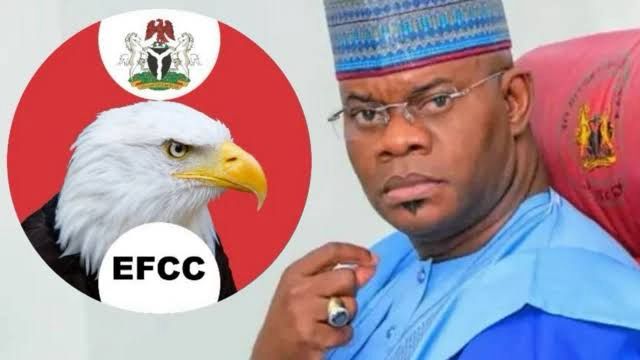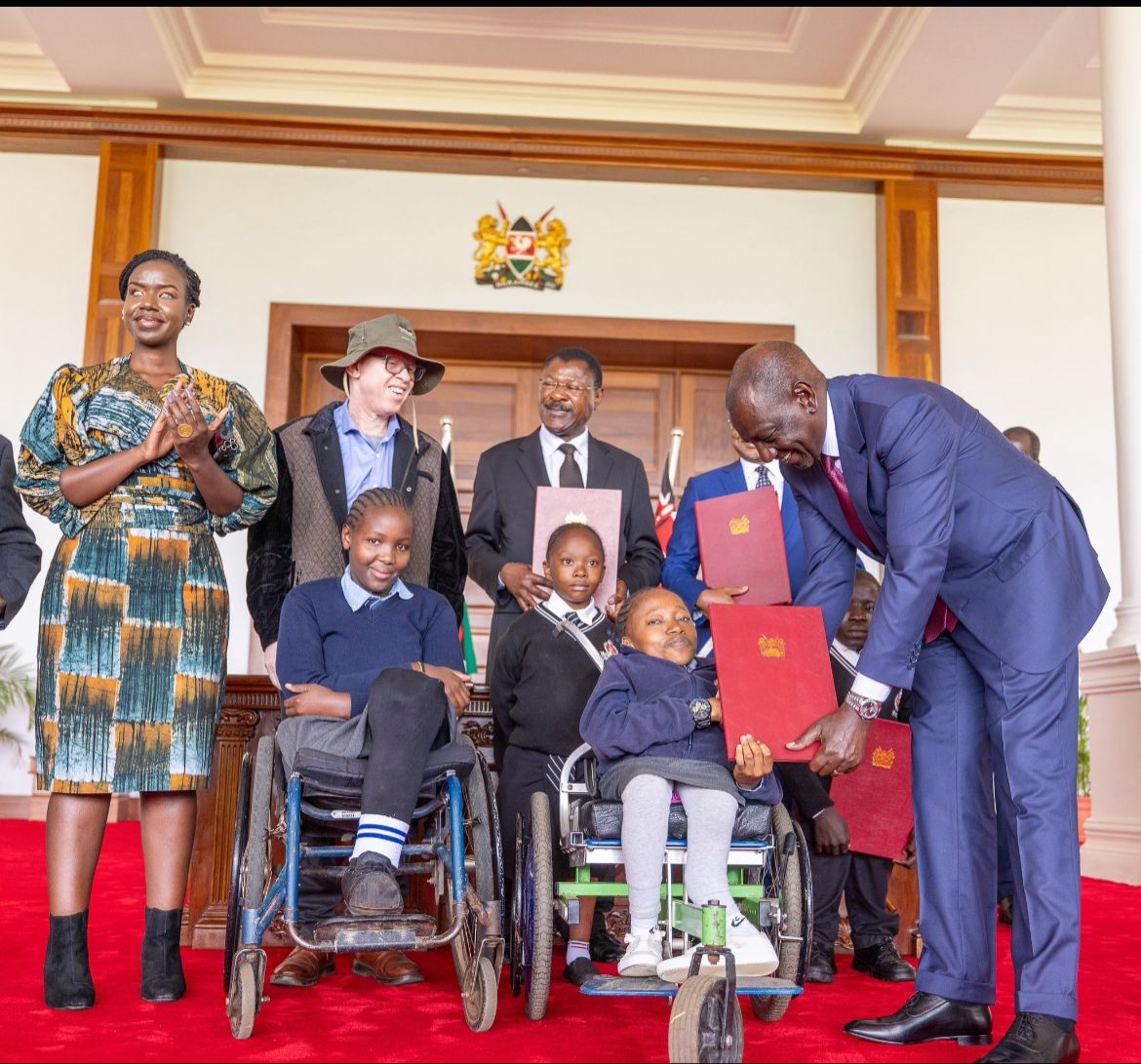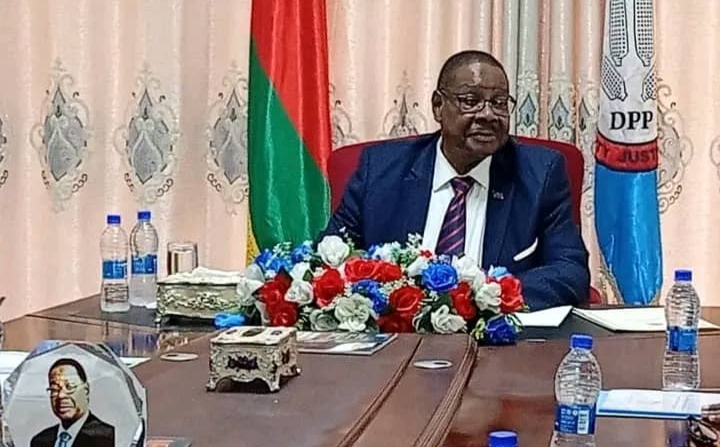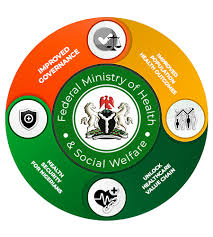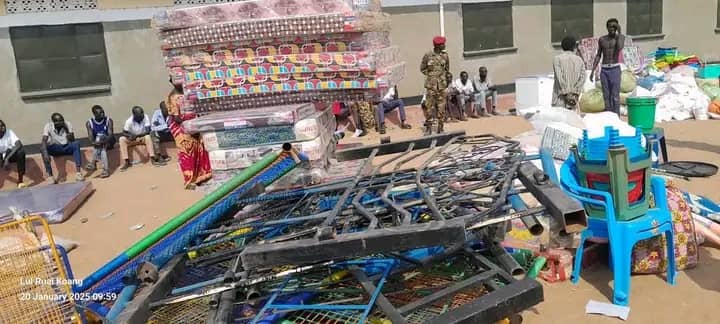
By Debora Akur Chol, South Sudan
A Member of Parliament and representative of the National Democratic Movement Party in the South Sudan Opposition Alliance (SSOA), Joseph Agua Bol, has strongly condemned the killings and brutal treatment of South Sudanese citizens in Sudan, calling for swift action from the International Criminal Court (ICC).
Bol called on the ICC to launch an investigation into the atrocities, which reportedly include gruesome mutilations and the burning of bodies.
Speaking to African Culture Tv Bol stated: “These actions are deeply inhumane and were committed by the Sudan Armed Forces (SAF) under the leadership of General Burhan.
“These atrocities must not be accepted by the civilized world.”
Bol further urged both the United Nations and the African Union to classify the SAF as a terrorist organization, emphasising the importance of ensuring justice for the victims.
“We must hold accountable those who are responsible for these brutal acts,” he added.
In his remarks, Bol also praised South Sudanese citizens for their restraint in the face of violence.
“While we are angry and grieving, we must demonstrate that we are different from those committing these inhumane acts,” he said.
“Revenge against innocent Sudanese refugees would only lead our nation into further turmoil.”
Public Policy and Governance Specialist Yien Gatbuok Danhier outlined key measures South Sudan should take to protect its citizens in Sudan and demand accountability for the violence.
“South Sudan must engage in direct diplomatic talks with Sudan to ensure the safety of its citizens,” Gatbuok explained.
“This should include demanding safe passage for those trapped in conflict zones, offering protection for those still in Sudan, and facilitating the repatriation of South Sudanese citizens,” he said.
Gatbuok also stressed the importance of public advocacy in mobilising support and resources.
“South Sudan must use both local and international media to draw attention to the ongoing atrocities,” he noted.
Another critical step, according to Gatbuok, is the documentation of incidents.
“We must properly identify the victims seen in the online videos circulating. Skin color alone is not sufficient; we need accurate identification,” he urged.
Furthermore, Gatbuok highlighted the need for South Sudan’s diplomatic missions to enhance their ability to protect citizens abroad.
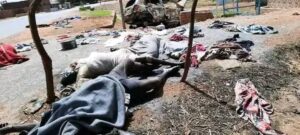
“Our embassies need to work closely with the immigration authorities of host countries to maintain accurate records of South Sudanese nationals,” he said.
“If you asked South Sudan’s embassy in Sudan right now how many South Sudanese are in the country, I am confident they would not have an accurate answer. This is an area that requires improvement,” he added.
Gatbuok also called for greater regional diplomatic efforts, particularly from Kenya, which is playing a key role as a mediator under the Intergovernmental Authority on Development (IGAD).
“Kenya, under President Ruto’s leadership, must intensify its efforts to mediate and provide humanitarian assistance,” Gatbuok said.
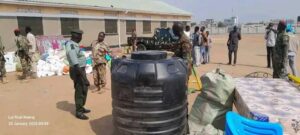
“We also need regional cooperation with Uganda, Ethiopia, and other East African nations to press Sudan for peace and accountability,” he added.
“It is not enough to bring the warring parties to the negotiating table,” he concluded. “Those responsible for the atrocities must face justice.”
In response to the ongoing crisis, South Sudan has summoned Sudan’s envoy in Juba to formally protect the violence and the treatment of its citizens.
categories
recent posts

